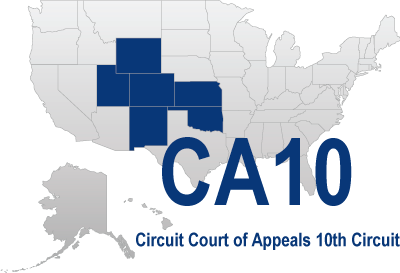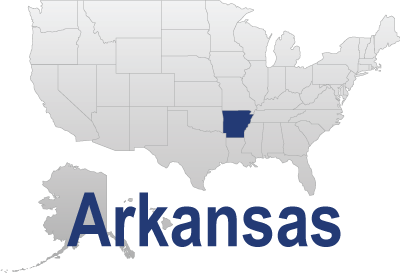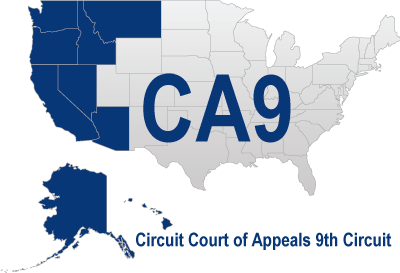United States v. Rodriguez, 2019 U.S. App. LEXIS 7236 (11th Cir. Mar. 12, 2019)
Here, Rodriguez did not undergo an unreasonable seizure. For starters, law enforcement officers had a reasonable suspicion that he was involved in criminal activity. See Lewis, 674 F.3d at 1303. Evidence presented at the suppression hearing revealed that officers knew that: (1) Rodriguez’s co-conspirator, Julio Cesar Rifat, was planning a seven-kilogram cocaine transaction; (2) Rifat typically worked with others when he did his drug transactions; (3) Rifat met with Rodriguez and Garcia at a residence the morning of the planned transaction; (4) Rifat left alone from the residence and did not have the cocaine in his car; (5) Rodriguez and the third co-conspirator, Yaniel Garcia, left the residence shortly afterward and drove toward the transaction meeting place; (6) when Rifat and Garcia got out of their truck at the area of the transaction meeting place, they seemed apprehensive about being followed; (7) they made furtive movements after the special agent, Brandon Cain, showed them his badge; and (8) Rodriguez told officers that he had just been dropped off at that location, which did not match what the agent had just observed. Based on this evidence, law enforcement had more than a hunch that Rodriguez might be involved in Rifat’s cocaine transaction, and the investigatory stop was more than reasonable.




